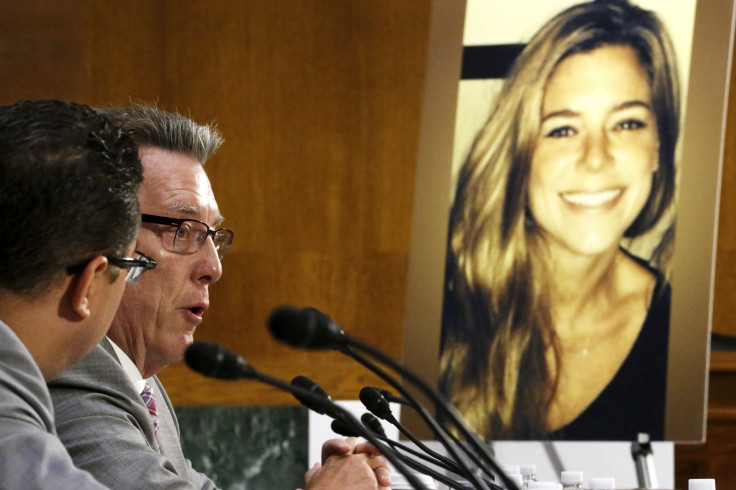Immigration Reform 2016: Sanctuary City Review In San Francisco Postponed Amid Rift With Sheriff

It’s been nearly a year since Kathryn Steinle was shot dead, allegedly by a repeat border- crossing offender, on a San Francisco pier while walking with her father. In that time, city officials in the famously progressive city have struggled to address a growing division on their immigration policies.
The San Francisco Board of Supervisors postponed a meeting that had been planned Tuesday to address those concerns by reaffirming strong immigrant protections while also defining when to hand people over to the federal government. The board had planned to affirm that undocumented immigrants are only to be turned over to Immigration and Customs Enforcement if the suspected offender was charged with a violent crime and has been convicted of one in the past seven years. Otherwise, city workers couldn’t disclose anyone's immigration status.
Among those opposed to the so-called sanctuary rules is Sheriff Vicki Hennessy, an elected official who is not under the board's authority. Supervisor John Avalos, who sponsored the proposal that was tabled, said he doesn’t want to vote without Hennessy’s support but that he foresees a compromise.
“I don't think she can withstand sitting as an outlier in San Francisco government that doesn't uphold the values of a sanctuary city,” Avalos told ABC News.
Since Steinle’s death last July 1, sanctuary cities have become a major point of contention in the country. Donald Trump, the presumptive Republican nominee, quickly jumped on the issue as an example of the dangers of illegal immigration. Trump has proposed deporting every undocumented immigrant in the country and building a wall along the Mexican border to keep illicit immigrants out.
Democrats have largely taken a more lenient view toward undocumented immigrants. Led by President Barack Obama, Democrats have pushed for policies including deportation deferral — which Republicans criticize as overstepping his executive authority.
© Copyright IBTimes 2025. All rights reserved.






















